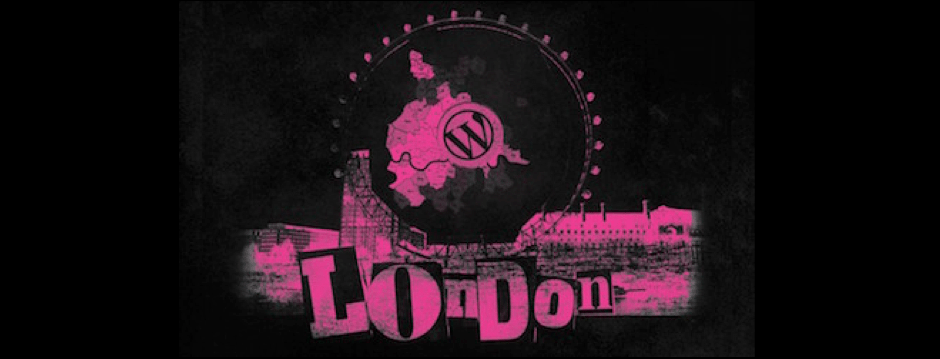WordCamp London kicks off on Friday, March 20 (with its contributor day) then in earnest to all delegates from March 21 to March 22. It is one of EMEA’s premier WordPress-focused events. WordCamp London is in some great company, as it runs alongside WordCamp Dayton (also this weekend) and is followed closely by WordCamp Atlanta, Seattle and San Diego – you can find more details on WordCamp Central.
The London show is a great chance for the WP Engine EMEA team to get out and meet WordPress users, developers, and the WordPress community. This is also the first WordCamp London since WP Engine opened its London office, so it’s another landmark for the team here.
One of the big topics of conversation from my perspective will be to understand more about what types, and sizes, of organisations are using WordPress – and how this is evolving. For companies where agility and speed to market are key, WordPress is a solution that matches those ideals. So it stands to reason then, that fast growth and startup companies build their websites, and other web assets, on the WordPress platform.
WP Engine recently did some research of its own to understand how UK and European companies are building their websites. Using publicly available third-party tools, WP Engine set out to review the current state of play from a cross-section of innovative, exciting, and trend-setting groups of companies.
We analysed the content management systems of 290 UK and European companies identified as either fast growth or innovative startups. The purpose of the research was to understand what tools organisations were using and to see what insight could be drawn from these web development habits. Three independent lists of companies (Top 100 startups 2014, Startups.co.uk, and 100 Best Small Companies) all produced within the last 12 months, were selected.
In total 26 percent (75) of companies use WordPress as their primary website CMS. No other third-party CMS comes close. The next nearest competitors were Magento, 2 percent (7), Joomla, 3 percent (9), and Drupal, 1 percent (4).
This number is certainly encouraging. It shows that a significant proportion of organisations are embracing WordPress as a vital technology provider to their business. WordPress is successfully making the shift from famous blog platform, to trusted web platform and third-party CMS of choice for many of Europe’s most exciting companies.
However, the highest stat across all three lists was for custom build sites, which accounted for 63 percent (183) of companies. Whilst WordPress is emphatically winning the battle against its competitors, there is still clearly much work to be done to persuade organisations that they can receive the same level of functionality and personalisation through WordPress as they can through a custom web build. The crucial difference of course, is that organisations using WordPress can build and launch their site in a fraction of the time, and at a fraction of the cost of a custom build site. Furthermore, by engaging with the WordPress community, companies can seamlessly add business-critical plug-ins and innovative new themes.
Whilst WordPress seeks to win over the enterprise market, it’s vital that it also proves its worth to these startup leaders, some of whom will be the Financial Times Exchange Group (FTSE) of tomorrow. I’d love to hear your thoughts about the topics discussed in this post, please comment below or tweet me @Torlini.
Fabio Torlini is Managing Director for WP Engine. Based in London’s Tech City, his main role is helping WP Engine launch their services into Europe. With over 15 years’ experience in the hosting and cloud industry, he has a thorough understanding of all aspects of IT B2B marketing, branding, PR, channel and management. Most notably in his career, Fabio helped build Rackspace to what it has become today – a leader in the cloud industry with revenues of $1.5 billion.

Leave a Reply